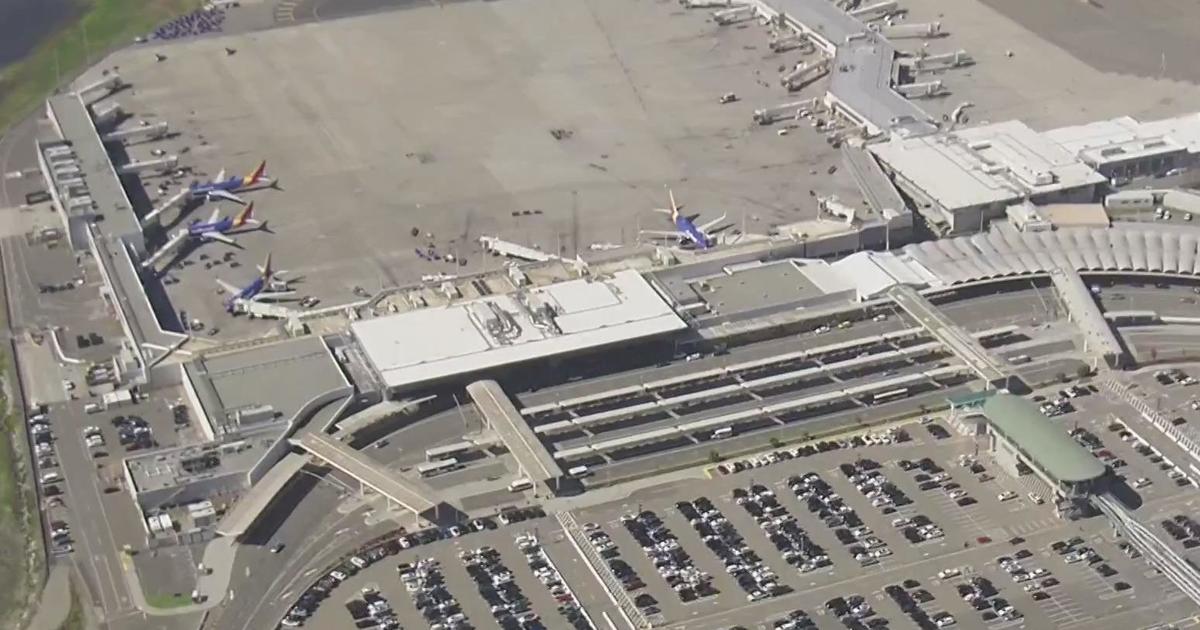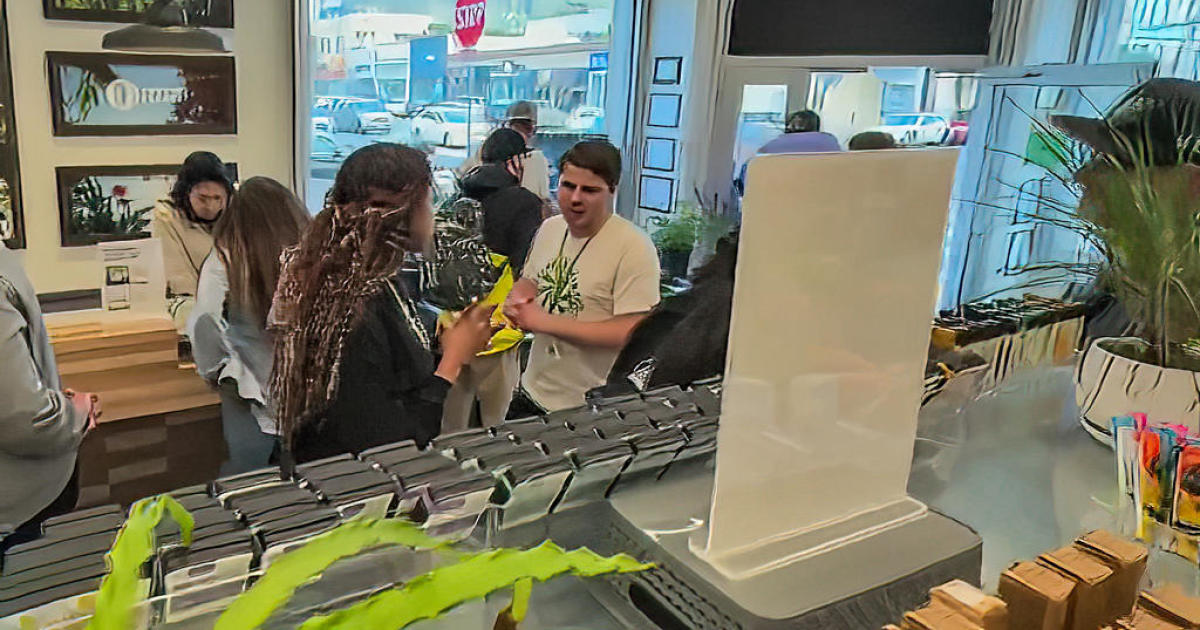Cultural Impact Used As Argument Against Mission Development
SAN FRANCISCO (CBS SF) -- A major housing project in San Francisco was rejected this week, not because of complaints about traffic or noise, but rather the type of people it could bring to the neighborhood.
Activists in San Francisco's Mission District are using a new strategy that could block development based on who is moving in and who they could be pushing out.
On Tuesday, the San Francisco Board of Supervisors voted to delay the construction of apartments at 1515 South Van Ness.
They asked the Planning Department study the effects of the development on the Latino culture. The development is located in a Latino cultural district.
"People are starting to look at gentrification and its impacts on neighborhoods, both in terms of the human costs as well as the environmental costs," said attorney J. Scott Weaver.
A lawyer for the Mission, Weaver says that when wealthy people move in, Latino culture suffers.
"The way I look at it, it's a question of who's living in the neighborhood," said Weaver. "We all know that Latinos don't earn as much money as non-Latinos. In a way, there's not really a difference between culture and economics in this respect."
But Sonja Trauss, who heads up a pro-development group says the gentrification argument is built on presumptions.
"It's not only in the middle of the country where we have people who are anxious about people who are different from them living near them," said Trauss. "It's also here in San Francisco, obviously."
Supervisor David Campos represents the Mission. He said he doesn't agree with those who say the gentrification argument seems like discrimination.
"To the contrary, I think it's the opposite of discrimination," said Campos. "What we're talking about is protecting the diversity of this neighborhood, and I think being for diversity does't mean that you're for discrimination."
Weaver says physical impacts could include traffic from people who have to move out of the Mission and having to drive back for work.
And if there are impacts found by the Planning Department, no one – not Supervisor Campos or representatives on either side of the debate – is sure what would happen.
Still, even Weaver believes that the project will go forward eventually.
"I think we all have a very common understanding that there's going to be development and there's going to be some negative impact," said Weaver. "And I think all of our goal is to minimize those impacts."
The city is also considering labeling other neighborhoods cultural districts, So this debate over how much change a neighborhood can take will continue.



